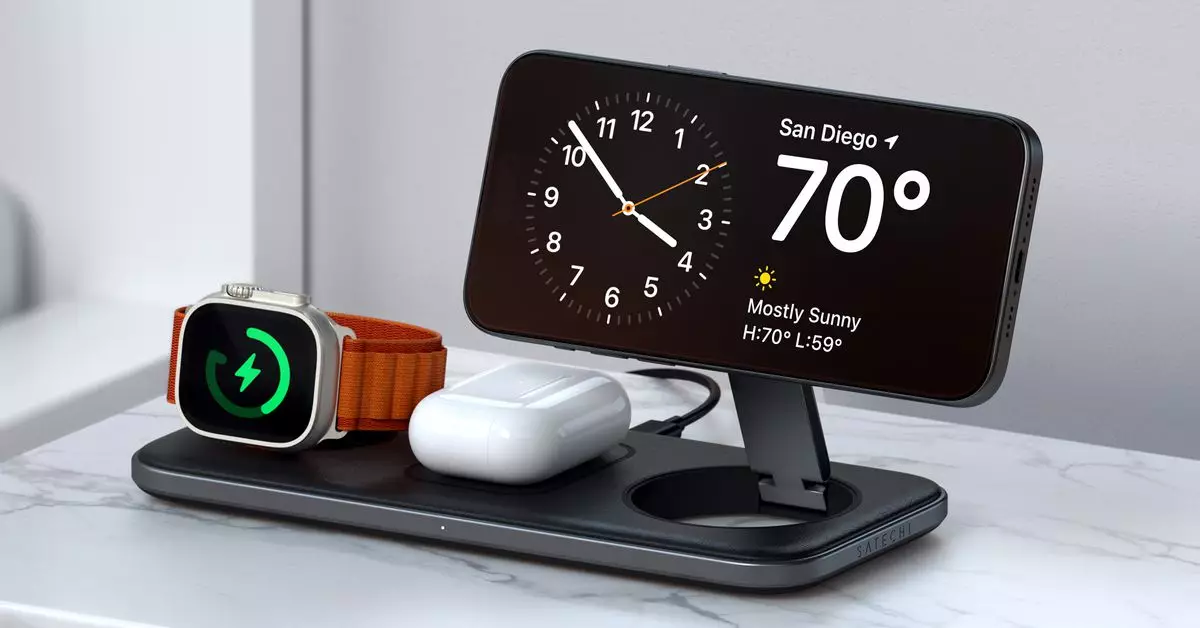In a world dominated by technology and smart devices, reliability is essential, especially when it comes to functionalities like alarms. iPhone users have experienced significant frustration due to ongoing issues with the built-in alarm feature, which Apple itself acknowledged last April. Despite promises of a resolution, reports indicate that numerous iPhone owners continue to encounter alarming inconsistencies in their alarm notifications. This article delves into the nature of these issues and the wider implications for users reliant on alarm functionalities.
For many, the alarm clock serves as a crucial element in managing day-to-day life. A recent Reddit thread has highlighted a troubling trend among iPhone users, where alarms fail to function as intended. Reports vary from alarms ringing at unexpected times to hardly making any sound at all. One user recounted an experience where an alarm set for 10:30 AM went off at 12:42 PM—coincidentally the same time shown on an Apple Watch. Others chimed in with their own horror stories, like an alarm falsely notifying them of sound for over 40 minutes without any audible alert, or going off at an entirely incorrect hour.
These individual testimonies underscore a broader problem that Apple seems unable to rectify. Despite various troubleshooting attempts, including disabling Attention Awareness Features designed to enhance user experience, many are still grappling with malfunctioning alarms.
Apple’s lack of definitive resolution to this critical function raises questions regarding its commitment to quality control. Although the company has acknowledged the issues and promised fixes, the persistent occurrences suggest that the solutions may not be effective. Users, therefore, find themselves in a dilemma: trust in Apple’s assurance or seek alternatives.
The issue becomes even more unsettling considering the variety of operating systems in question. Problems have been reported across both iOS 17 and iOS 18, indicating that the glitch is not merely isolated to a specific software version. This inconsistency could lead users to question the overall reliability of Apple’s software ecosystem.
The Way Forward: User Adaptations
As a safety net, many users have sought alternatives, turning to various models and devices to supplement their alarm needs. The experience of relying on a backup device—like a Google Pixel—speaks volumes about the current state of distress many iPhone users feel regarding alarm reliability. Moreover, the search for functionality has even led some to experiment with unconventional alarm systems, such as themed alarms from gaming franchises, indicating a rise in creative solutions to a frustrating problem.
The failure of iPhone alarms not only affects daily routines but can also have broader implications on sleep schedules and mental health. A world increasingly reliant on smart technologies faces the challenge of ensuring these tools serve their fundamental purposes effectively. As users navigate these hindrances, Apple must rise to meet their accountability, ultimately improving user trust in the reliability of their devices. Until a concrete fix is established, the ongoing narrative of alarm failures will persist, a stark reminder of the vulnerabilities inherent in a tech-driven lifestyle.

